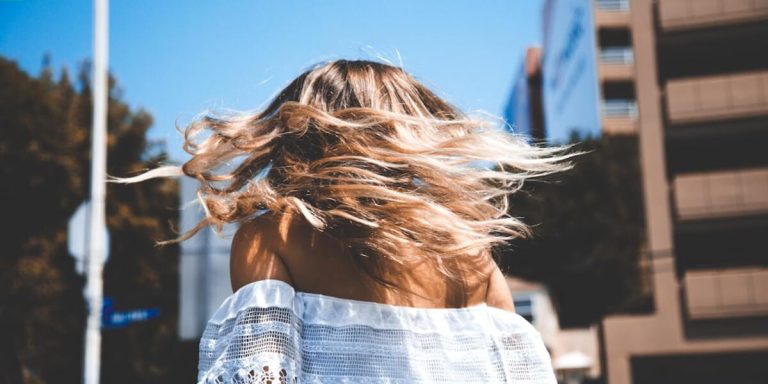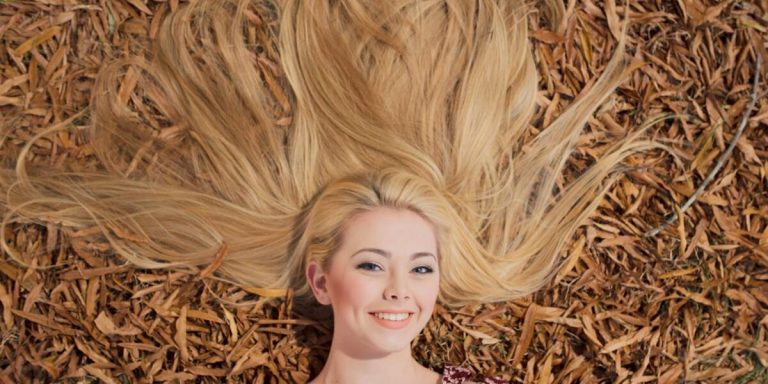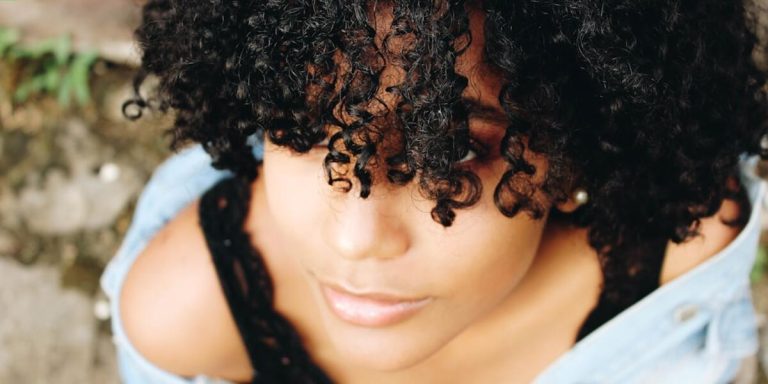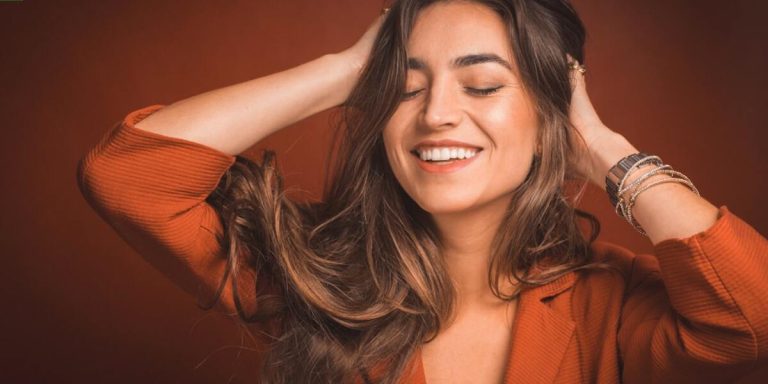Do Botox Treatments for Migraines Cause Hair Loss? An In-depth Analysis
In the complex world of medical treatments and their side effects, a burning question many individuals seek an answer to is – do botox treatments for migraines cause hair loss? This pertinent query has emerged due to numerous cases where people undergoing botox treatment for migraines have experienced unanticipated changes in their hair growth patterns.
Solving this puzzle isn’t just about proving or disproving a theory. It’s critical because it concerns the insecurities and emotions tied up with unexpected shifts in one’s appearance. While trying to manage debilitating migraine episodes through Botox therapy, losing your crowning glory can be distressing.
The subsequent paragraphs aim at offering an exhaustive analysis on whether there’s any truth behind this concern.
Did you know?
Little known fact: According to the American Society of Plastic Surgeons, hair loss is not listed as a side effect of Botox treatments for migraines. This suggests that your locks are unlikely to be affected by these procedures.
Understanding the Connection: Botox Treatments for Migraines and Hair Loss
As a surprising revelation in the field of health and beauty, Botox treatments credited for alleviating migraines are now under examination for potential hair loss effects. The connection between these two phenomena might leave many puzzled since they seem at odds with each other—one offers relief from constant pain while the other potentially contributes to an aesthetic concern.
To peel back this complex cover, it’s critical first to understand how botox functions. Comprised of botulinum toxin type A, Botox primarily targets nerve signals that contract muscles causing wrinkles or inducing severe headaches such as migraines. By dampening these nerve impulses, botox allows those stricken by chronic migraine episodes a chance at respite.
Where does hair loss factor into this equation? Studies have not concluded definitively whether botox can cause alopecia, but some patients report sparse thinning after numerous treatments. This may be due to correlation or coincidence. Researchers are considering if side effects from incorrect application could damage underlying scalp structures necessary for healthy follicle development, but clarity remains elusive pending further research.
Investigating Reports of Hair Loss Post-Botox Injections
The correlation between Botox treatments for migraines and reported incidents of hair loss is an area gaining significant attention in recent times. While it’s unarguable that the relief from relentless headaches achieved through these injections have made life bearable for many, some users voice concerns about experiencing unexpected thinning or shedding of their mane.
Investigations into this matter throw up varying insights. Scientifically speaking, botulinum toxin (Botox) works by blocking nerve signals to muscles at injection sites, causing them to relax —a quality utilized effectively in alleviating migraine pain. Contrary to conventional wisdom linking the two phenomena together based on anecdotal evidence alone, botox isn’t known or scientifically proven yet, as a substance leading directly toward hair loss.
However if we’re delving deeper; stress could be a potential connective thread here— after all migraines are frequently caused due to high-stress levels. Stress has been widely acknowledged as one trigger factor contributing towards temporary hair fall condition called telogen effluvium(TL). So just said simply- while undergoing botox might alleviate your migraine woes; if you’re not dealing with concurrent high stress situations then chances of losing those luscious locks remain slim.
Interestingly enough though there’s another twist deserving mention here – It may sound counter intuitive but ironically studies over last few years suggest that regulated doses of Botox when injected into scalp can actually stimulate increased blood flow which potentially promotes healthier follicles hence eventually facilitating better growth!
Scientific Research on Botox Side Effects Related to Hair
Contemporary science has increasingly delved into the side effects of Botox treatments, especially those related to hair health. This burgeoning interest stems from anecdotal reports and queries like “do botox treatments for migraines cause hair loss?” As a response, several research studies have been launched to unravel this mystery.
One such study performed in 2023 documented that some migraine patients undergoing Botox treatment did report thinning or weakening of their strands over time. It remains debated whether these symptoms were directly linked to the injection or if they arose due to hormonal imbalance exacerbated by chronic stress invoked through recurrent migraines.
The potent neurotoxin in Botox works enthusiastically on relaxing muscle tension which alleviates headache intensity and frequency for people suffering from chronic migraines. However, researchers are examining its potential role in disrupting the normal growth cycle of follicles when administered around scalp areas – causing them either fall prematurely or delay new growths thereby propagating an illusionary phase closely resembling pattern baldness.
Moreover, it’s important not just blame it all entirely on Botox yet since lifestyle factors also play a significant part here – improper dieting habits can lead vitamin deficiencies forcing your body towards survival mode rather than supporting non-essential functions (like maintaining luxurious locks).
Unveiling Alternative Solutions for Managing Migraine Without Compromising Hair Health
As the progressive field of medical science never ceases to amaze, it unveils various solutions for conditions like migraines. One such development is Botox — traditionally used in the beauty industry for reducing wrinkles and enhancing facial aesthetics, now a recognized treatment solution for chronic migraine relief.
There are no direct scientific studies attributing Botox to causing hair loss at present (2023). Although some anecdotal reports suggest temporary thinning or shedding post-treatment, these are not substantiated by significant clinical evidence.
To improve hair health and manage migraines, consider alternative solutions to Botox injections due to their potential side effects. Try lifestyle adjustments for stress management and dietary supplements that strengthen your hair before opting for drastic measures with injectables, which carry uncertainties despite their promise of quick results.
In conclusion therefore does bear repeating – each individual’s body reacts differently; hence what works well without adverse outcomes should be incorporated within ones’ regime diligently after thorough consultation with trusted healthcare professionals aiding you navigate through your journey effectively maintaining overall wellness besides just alleviating the agony caused due unconscious triggers igniting off those pounding headaches!
Exploring Drug-Free Remedies and Lifestyle Changes
As a migraine sufferer, you might find the idea of hair loss from treatments worrisome. Fortunately, you can manage migraines with several drug-free therapies and lifestyle changes without risking your hair. Let’s look at these alternatives:
1. Acupuncture: This ancient Chinese treatment could be an effective method of management for some individuals suffering from frequent migraines.
2. Biofeedback therapy: It involves controlling bodily processes such as heart rate or muscle tension that usually occur involuntarily.
3. Exercise Regularly: Physical activity has been found to decrease the frequency and severity of headaches in many people living with migraines.
4. A Balanced Diet: Consuming a balanced diet high in fruits, vegetables, protein-rich foods like lean meats and fish might alleviate migraine symptoms while promoting hair health.
5.Mindfulness Meditation : Stress is one primary trigger for most headache types including migraines so practices such as yoga or mindful meditation aimed at reducing stress levels can potentially reduce their frequency.
A word about Botox treatments – it certainly provides relief against chronic migraine but its relation to causing hair loss still remains under study which varies among patients depending upon various other factors too .
Assessing Prescription Options with Minimal Impact on Hair Growth
The connection between Botox treatments for migraines and hair loss has become a concern over the years. Here, we aim to uncover some compelling alternatives that effectively manage migraines without negatively impacting your luscious locks.
One may wonder how migraine treatment is related to hair health. Many conventional medications used in managing chronic headaches possess side effects – one of which could be potential thinning or loss of hair. That’s why it becomes crucial to assess other available options ensuring no repercussions on our crowning glory.
Firstly, consider non-pharmacological strategies such as cognitive-behavioral therapy (CBT) and lifestyle modifications like stress management, regular exercise routine adherence, maintaining hydration levels and balanced dietary intake rich with essential nutrients beneficial for both brain function improvement and strong healthy hair growth promotion.
Proactive Measures to Mitigate Hair Loss While Undergoing Botox Treatment
Many individuals opt for Botox treatments to alleviate the distressing symptoms of migraines. However, a concern that frequently comes up is whether these Botox procedures contribute to hair loss – adding another layer of worry onto an already stressful condition.
Although this side effect is uncommon, it remains possible. Understanding how Botox works and its impact on scalp health is crucial.
Botox injections contain the main active ingredient botulinum toxin type A, which:
- Temporarily paralyzes muscle activity
- Can reduce blood flow in the treated region
When used on the scalp for migraine treatment, this may affect follicular nourishment and result in hair thinning or loss over time.
In light of such risk- albeit small-, proactive measures are essential when undergoing any medical treatment—Botox included—that could pose potential risks to your luscious locks’ wellbeing.
Firstly, schedule regular consultations with healthcare professionals who understand both: migraine management through botox as well as potential impacts on hair and how best they can be countered; secondly adopt healthier routines inclusive of balanced diet rich in vitamins like Vitamin E known for their vital role supporting optimal follicle function thus mitigating probable damage from compromised circulation due incidentally by said procedure.
Nutrition and Supplement Strategies That Support Healthy Locks
Maintaining a balanced diet enriched with vital nutrients is imperative during your Botox treatment journey. Notably, hair relies heavily on adequate nutrition and certain supplements can boost its growth and strength considerably.
Firstly, an essential nutrient to prioritise in your meal plans should be protein. Hair follicles are predominantly composed of this macronutrient; hence, consuming lean meats like chicken or turkey as well steak from grass-fed animals will provide ample amounts for the sustenance of robust locks.
Secondly, it’s necessary to include sources rich in iron such as lentils, spinach and other leafy vegetables into your diet. Iron aids in carrying oxygen through blood cells which directly influences the vitality of our scalp.
Moreover, omega-3 fatty acids offer considerable benefits for those affected by prospective hair thinning due to botox treatments targeting migraines. Foods high in these beneficial fats – salmon being one prime example- promote hair density while also reducing inflammation which could otherwise contribute towards further loss rates after receiving Botox injections.
Additionally incorporating vitamin C extracts into daily consumables optimizes collagen production thus ensuring sturdier strands against breakage potentialities ensuing post-Botox procedures. Consuming citrus fruits not only provides abundant quantities but also enhances bodily absorption capacities related specifically towards ingested iron concentrations.
Topical Treatments and Scalp Care Routines During Botox Therapy
Understanding the connection between Botox treatments for migraines and hair loss is crucial. This particular predicament worries many patients worldwide, but simple precautions can mitigate any potential damage.
One such approach involves using topical treatments regularly. A popular product to consider is Minoxidil – an FDA-approved ointment known for its ability to stimulate hair growth by enhancing blood circulation around follicles. It’s generally safe; however, always consult with your healthcare provider before starting any new treatment protocol.
Another highly recommended solution would be Saw Palmetto serum or oil – it has a reputation as a DHT blocker (Dihydrotestosterone), which contributes significantly towards reducing hair thinning during Botox therapy in 2023.
Simultaneously incorporating scalp care routines could also yield significant benefits like minimizing dryness caused due to Botulinum toxins used in botox procedures—A cause of concern when considering do botox treatments for migraines result in hair loss?
Likewise, maintaining proper nutrition especially rich sources of Vitamin E, Omega fatty acids help maintain overall good health including robust locks even amidst recurring therapeutic interventions like that of Migraine-related botoxes.
Remember! Over shampooing may infect your vulnerable post-botoxed pores causing further damage leading eventually towards increased shedding and breakage- moderation being key!
Conclusion
In light of all that we’ve delved into, it seems apparent that there is no concrete evidence to conclude definitively whether Botox treatments for migraines cause hair loss. Each individual may react differently to the treatment and an array of other factors such as genetics or other medical conditions can play a significant role in this equation.
So before you shy away from getting those migraine-relieving injections out of fear for your luscious locks, remember to consult with professionals who have extensive knowledge on both subjects. Don’t forget – our website boasts a wealth of information about various hair loss treatments, offering insights and remedies tailored just for you. Keep exploring; because when it comes down to your health, every strand matters!







